Roller belts are an essential part of many industries, used for conveying materials from one point to another. These belts have a simple design that consists of a series of rollers attached to a continuous loop of material. The material is typically made of a flexible material that can withstand the stresses of continuous use. Roller belts are versatile and can be used in a wide range of applications, making them an indispensable tool for many businesses. Read More…
For more than 60 years, we have been offering innovative conveyor belting to customers worldwide. Our full line of products include perforated belts, vacuum belts, nylon core belts, and plastic modular belting. We have grown our reputation based on providing outstanding customer service as well as conveyor belt materials that will provide long-lasting value. For more information on how we may be...

At Shipp Belting, we specialize in manufacturing and distributing high-quality conveyor belts designed to meet the diverse needs of industrial operations. With decades of experience behind us, we’ve built our reputation on reliability, technical expertise, and a deep understanding of how material handling impacts overall efficiency.

At Mol Belting Systems, we specialize in providing high-quality conveyor belts designed to meet the diverse needs of industries worldwide. Our product range includes an extensive variety of conveyor solutions, such as modular plastic belts, polyurethane, and rubber conveyor systems, all engineered for efficiency, durability, and superior performance.

We have a wide range of products that allow us to find the right solutions for all our customer’s material handling needs. We provide conveyor belts made out of variety of materials. Our research and development department works hard to ensure that we are bringing our customers products that are on the leading edge of innovations at all times. For more information on how we may be able to...
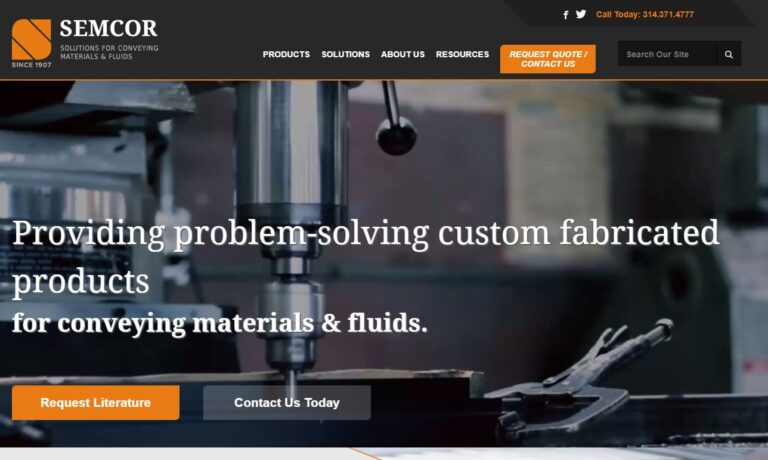
More Roller Belt Manufacturers
Materials Used as Roller Belts
There are various materials used to create roller belts, each with specific applications. One common material is rubber, which is ideal for applications that require good traction and durability. Rubber is commonly used in conveyor belts that transport heavy or bulky items. PVC, on the other hand, is a versatile material that is lightweight and flexible, making it suitable for applications that require flexibility and ease of movement. It is commonly used in food processing and packaging applications where sanitation and hygiene are a top priority.
Creating Roller Belts
Creating roller belts involves various processes that depend on the specific application. For instance, rubber belts are typically made using a calendering process that involves passing the material through multiple rollers until it reaches the desired thickness. On the other hand, PVC belts are made using a process known as extrusion, where molten PVC is forced through a die to create the belt shape. These variations in the creation process ensure that roller belts are designed to meet specific requirements for each application.
Considerations Regarding Roller Belts
Despite the many benefits of roller belts, there are also some considerations to account for. One major consideration is the need for regular maintenance to ensure that the belt runs smoothly and efficiently. Roller belts can also be prone to wear and tear, which can cause damage to the belt and reduce its lifespan. Additionally, roller belts can be noisy, which can be a problem in applications that require a quiet working environment.
Benefits of Roller Belts
Despite these considerations, roller belts offer several benefits that make them an essential tool for many industries. For example, roller belts are versatile and can be used in a wide range of applications, including food processing, packaging, manufacturing, and more. They are also highly efficient, reducing the need for manual labor and increasing production rates. Roller belts are also a cost-effective solution for many businesses, as they require minimal maintenance and can last for several years.
Applications of Roller Belts
Due to these benefits, roller belts find applications in many industries, including:
Food Processing and Packaging
In the food industry, roller belts are commonly used for the transportation and handling of food items, including fruits, vegetables, meat, and poultry. Roller belts are designed to meet strict sanitation and hygiene requirements, making them ideal for use in food processing and packaging. They are often used in sorting, washing, and packaging operations, ensuring that food items are moved efficiently and safely. Additionally, roller belts can be made of materials that are resistant to oils and fats, ensuring that they remain hygienic and safe for use in food handling.
Manufacturing
In manufacturing, roller belts are used for conveying raw materials, finished goods, and even assembly lines. They are designed to handle a wide range of materials, from heavy machinery to delicate electronic components. Roller belts can be customized to meet the specific requirements of the manufacturing process, ensuring that goods are transported efficiently and accurately. Additionally, roller belts can be made of materials that are resistant to high temperatures and corrosive chemicals, making them ideal for use in harsh manufacturing environments.
Transportation
In transportation, roller belts are used for loading and unloading goods from trucks and trains. They are designed to be durable and reliable, ensuring that goods are moved efficiently and safely. Roller belts are commonly used in logistics and shipping operations, as well as in airports and other transportation hubs. They can be customized to meet the specific requirements of each application, ensuring that goods are transported efficiently and safely.
Printing
In the printing industry, roller belts are used for transporting printed materials such as newspapers, magazines, and catalogs. Roller belts are designed to be gentle on the printed materials, ensuring that they remain in pristine condition during transportation. They can also be used in printing presses, ensuring that paper is fed smoothly through the machine. Additionally, roller belts can be made of materials that are resistant to heat and abrasion, ensuring that they remain durable even in high-pressure printing environments.
Mining
In the mining industry, roller belts are used for the transportation of raw materials such as coal, iron ore, and other minerals. Roller belts are designed to be strong and durable, ensuring that they can handle heavy loads over long distances. They can be customized to meet the specific requirements of each application, ensuring that materials are transported safely and efficiently. Additionally, roller belts can be made of materials that are resistant to high temperatures and corrosive chemicals, ensuring that they remain durable in harsh mining environments.
Automotive
In the automotive industry, roller belts are used for conveying parts and components during the manufacturing process. Roller belts are designed to be gentle on the parts, ensuring that they remain in pristine condition during transportation. They are also used in car washes, ensuring that cars are transported through the cleaning process efficiently and safely. Additionally, roller belts can be made of materials that are resistant to oils and other automotive fluids, ensuring that they remain durable and safe for use in the industry.
Choosing the Correct Roller Belt Manufacturer
To ensure you have the most productive outcome when purchasing roller belts from a roller belt manufacturer, it is important to compare several companies using our directory of roller belt manufacturers. Each roller belt manufacturer has a business profile page highlighting their areas of experience and capabilities, along with a contact form to directly communicate with the manufacturer for more information or to request a quote. Review each roller belt business website using our proprietary website previewer to quickly learn what each company specializes in. Then, use our simple RFQ form to contact multiple roller belt companies with the same form.




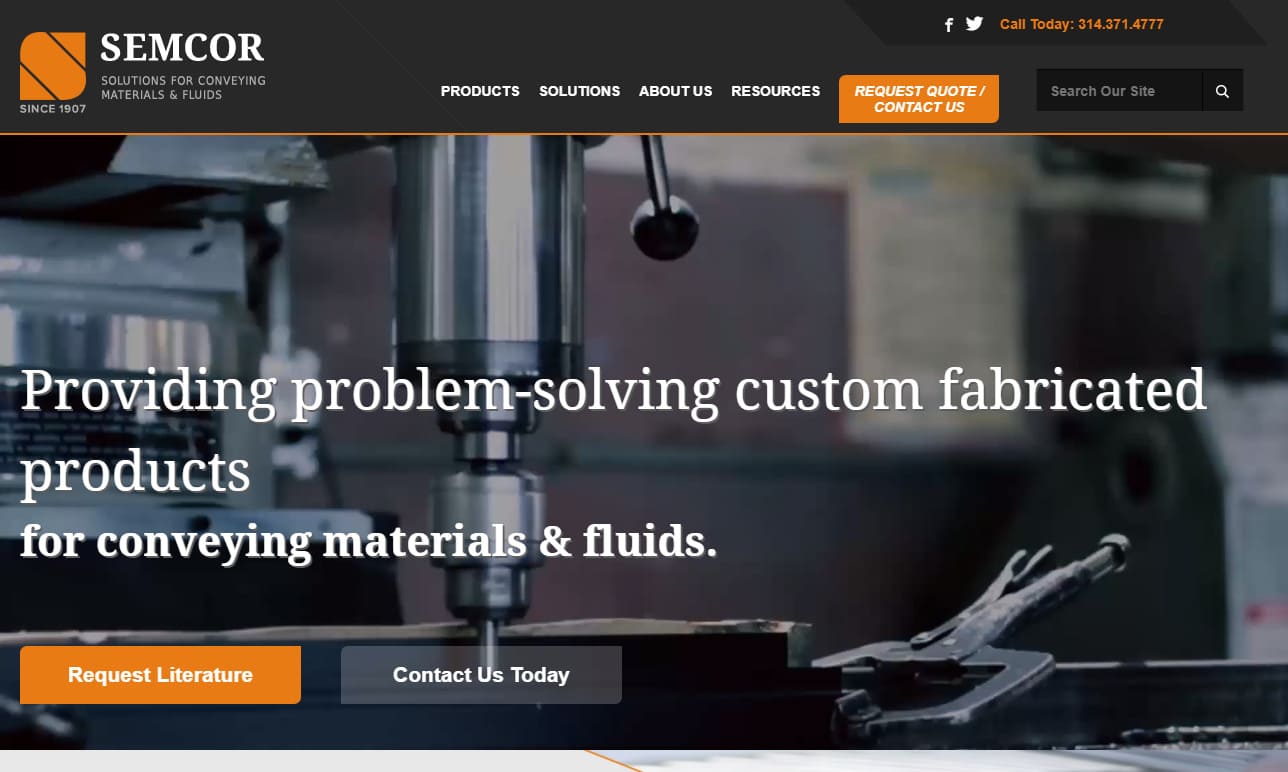
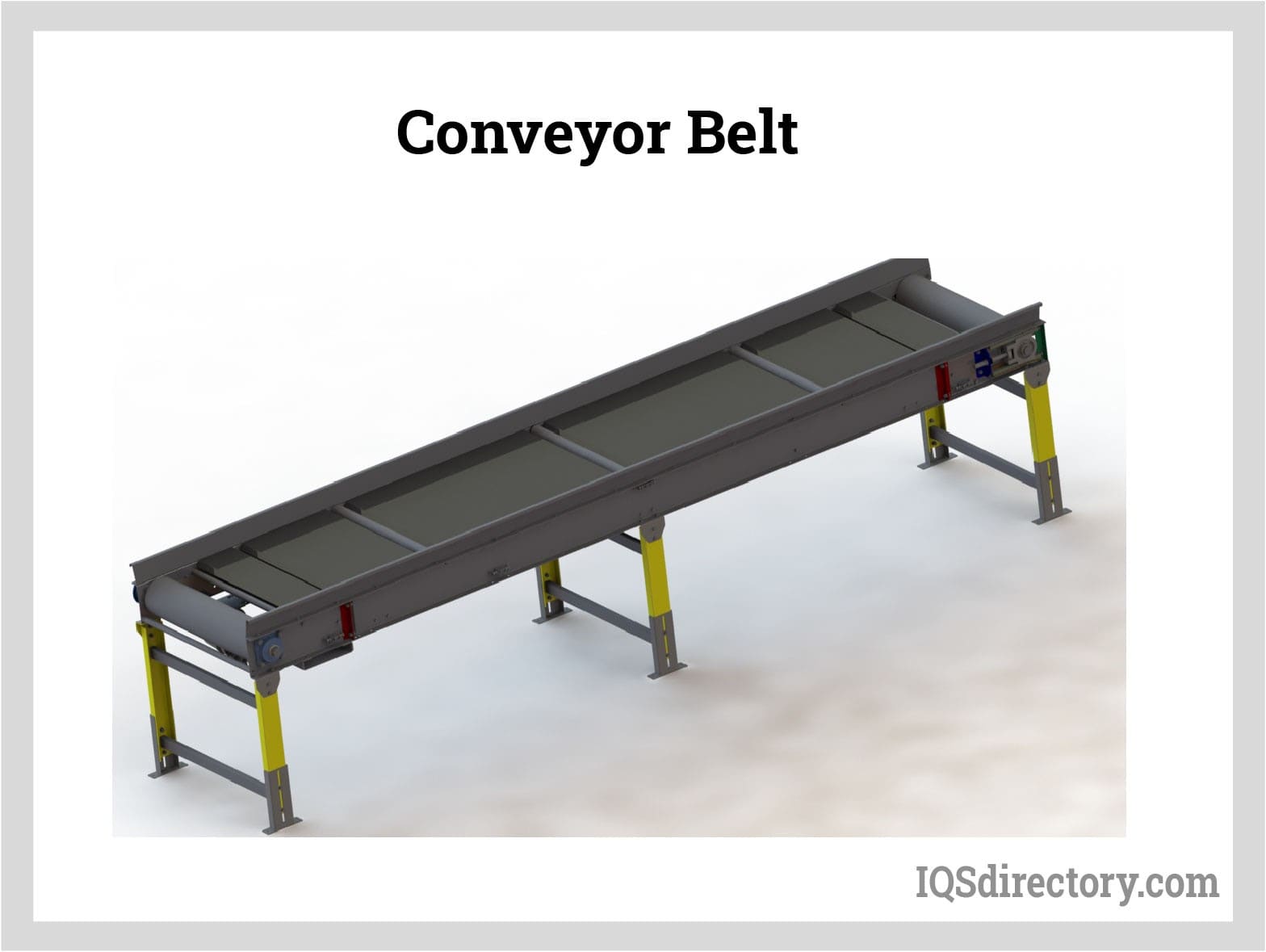
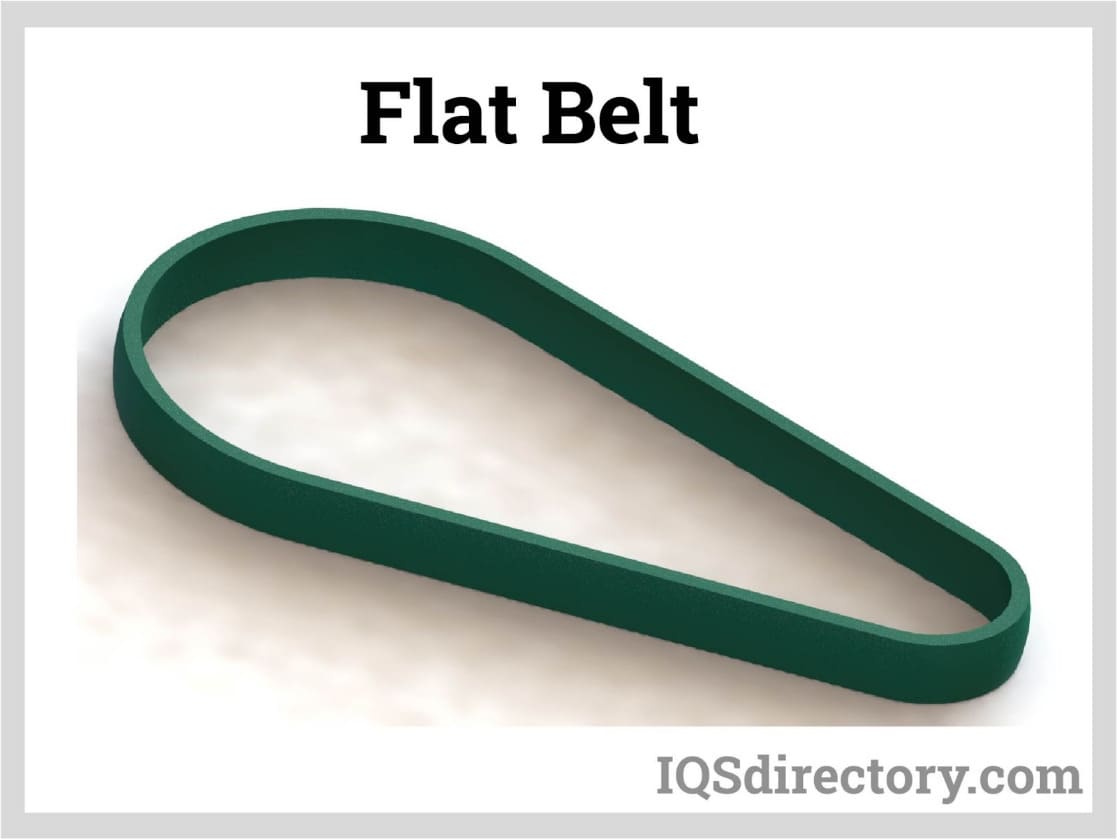
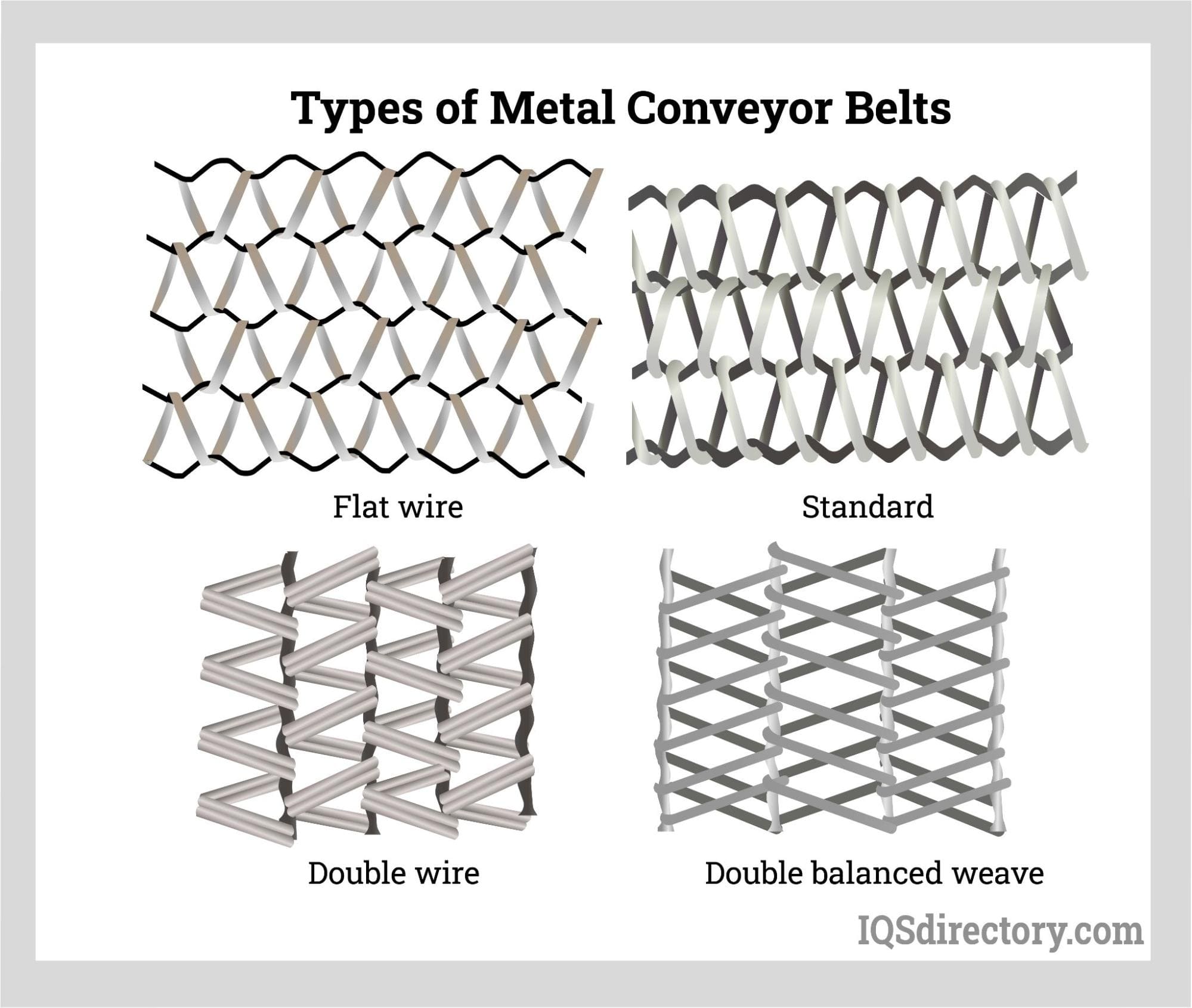
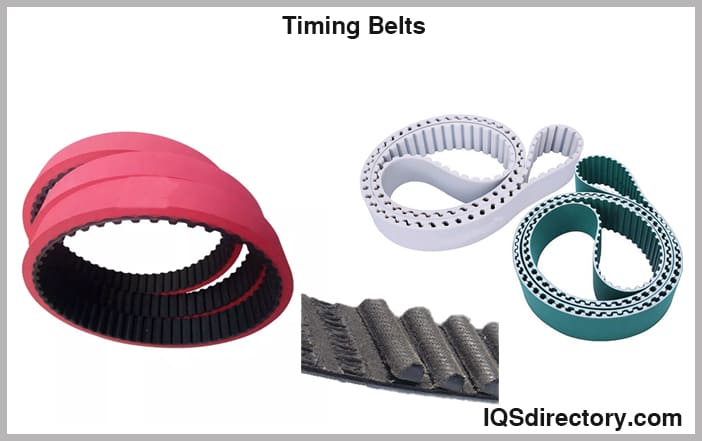
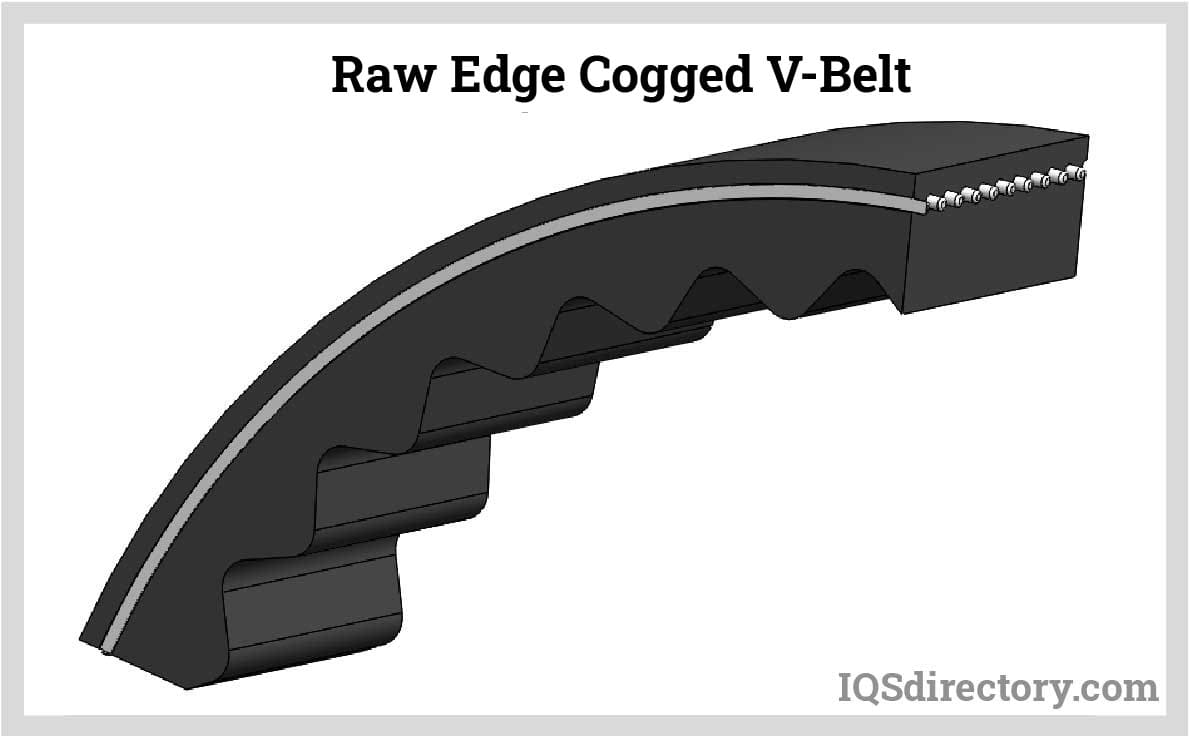
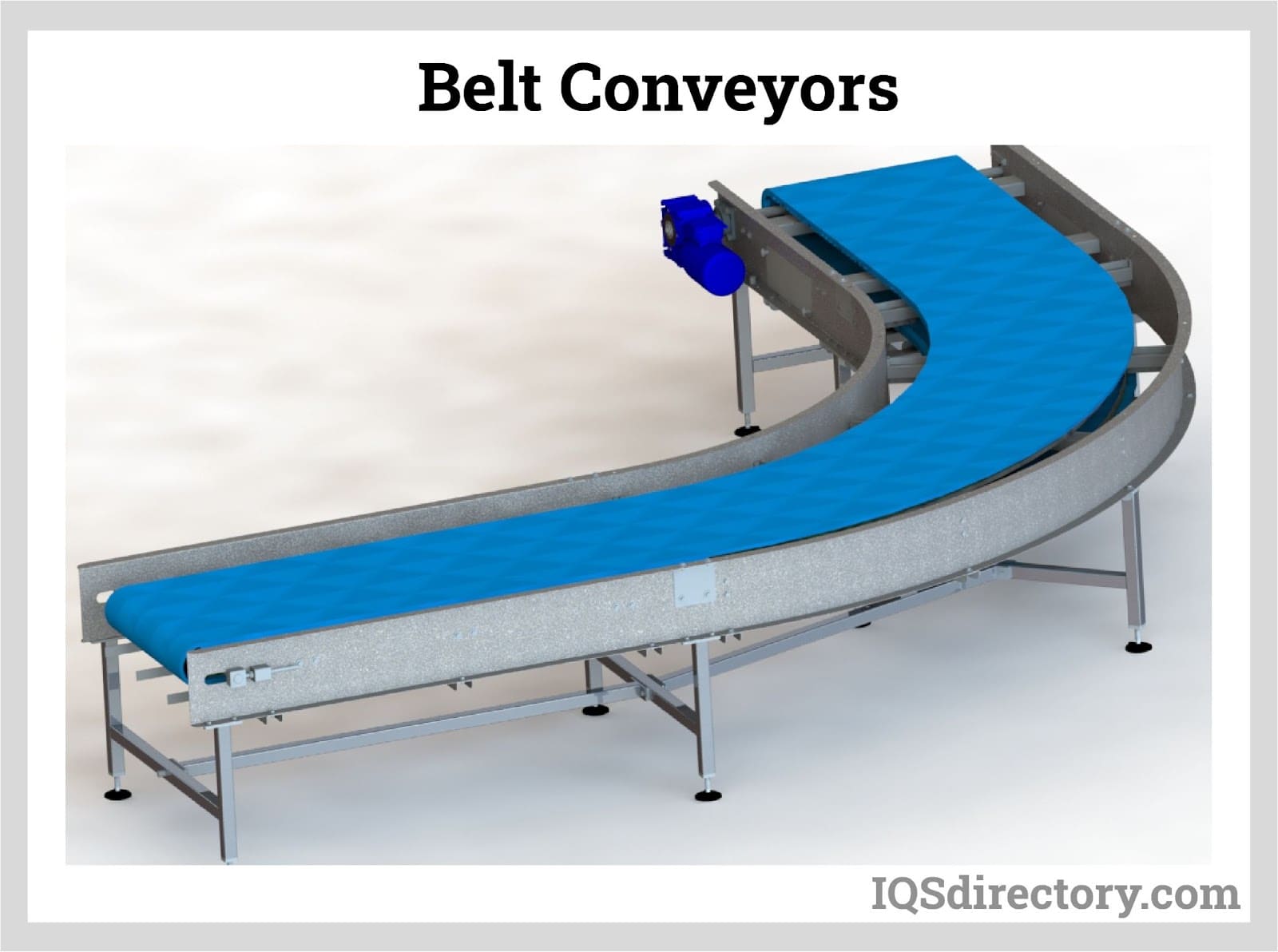
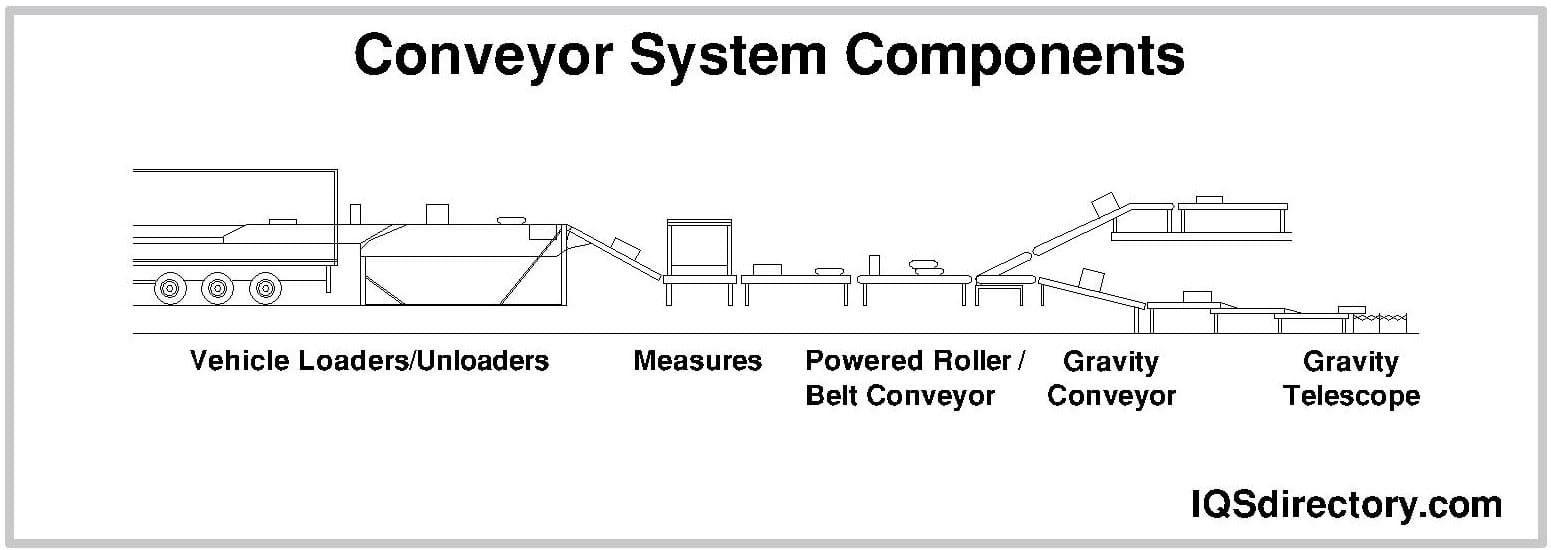
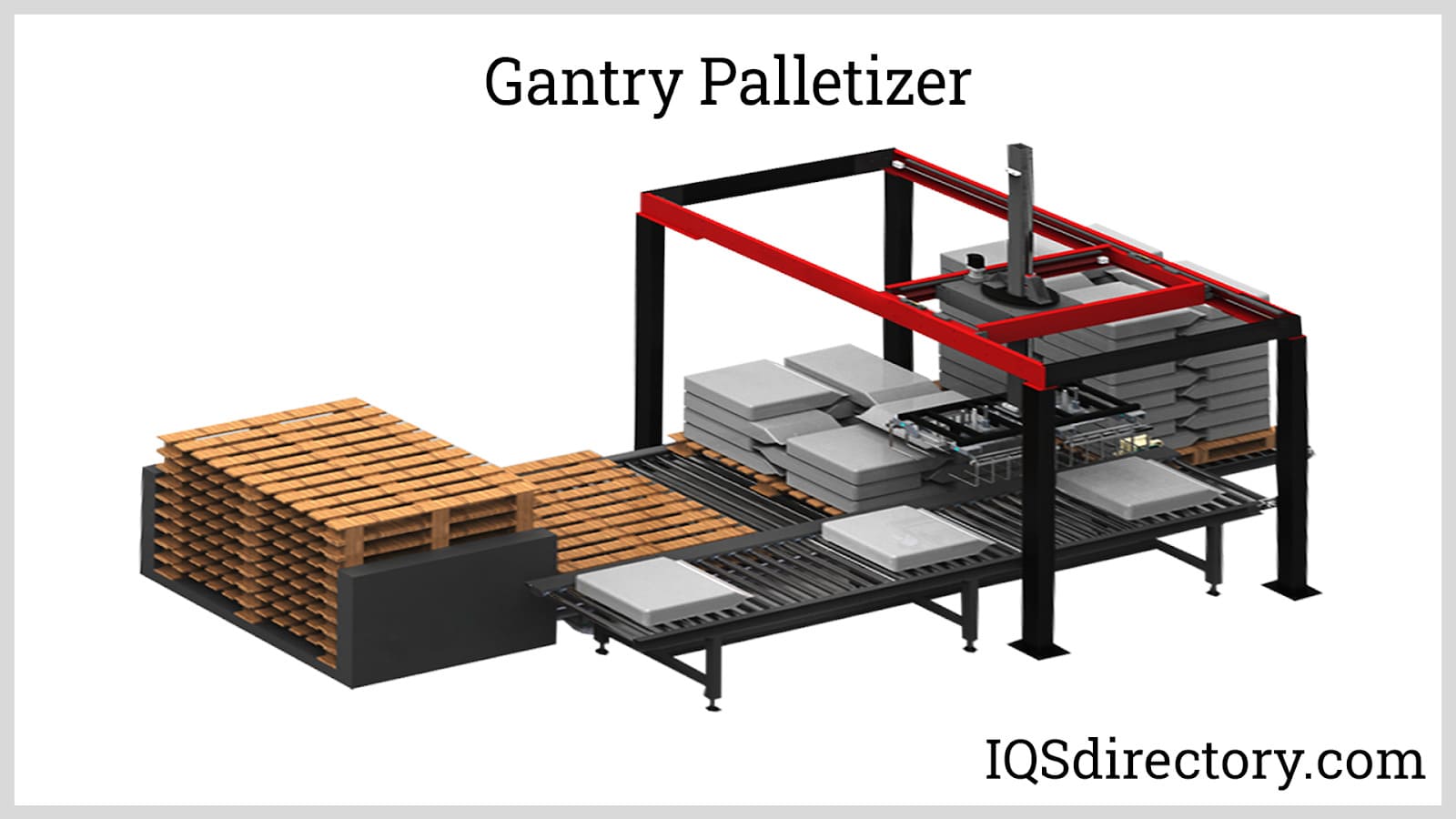
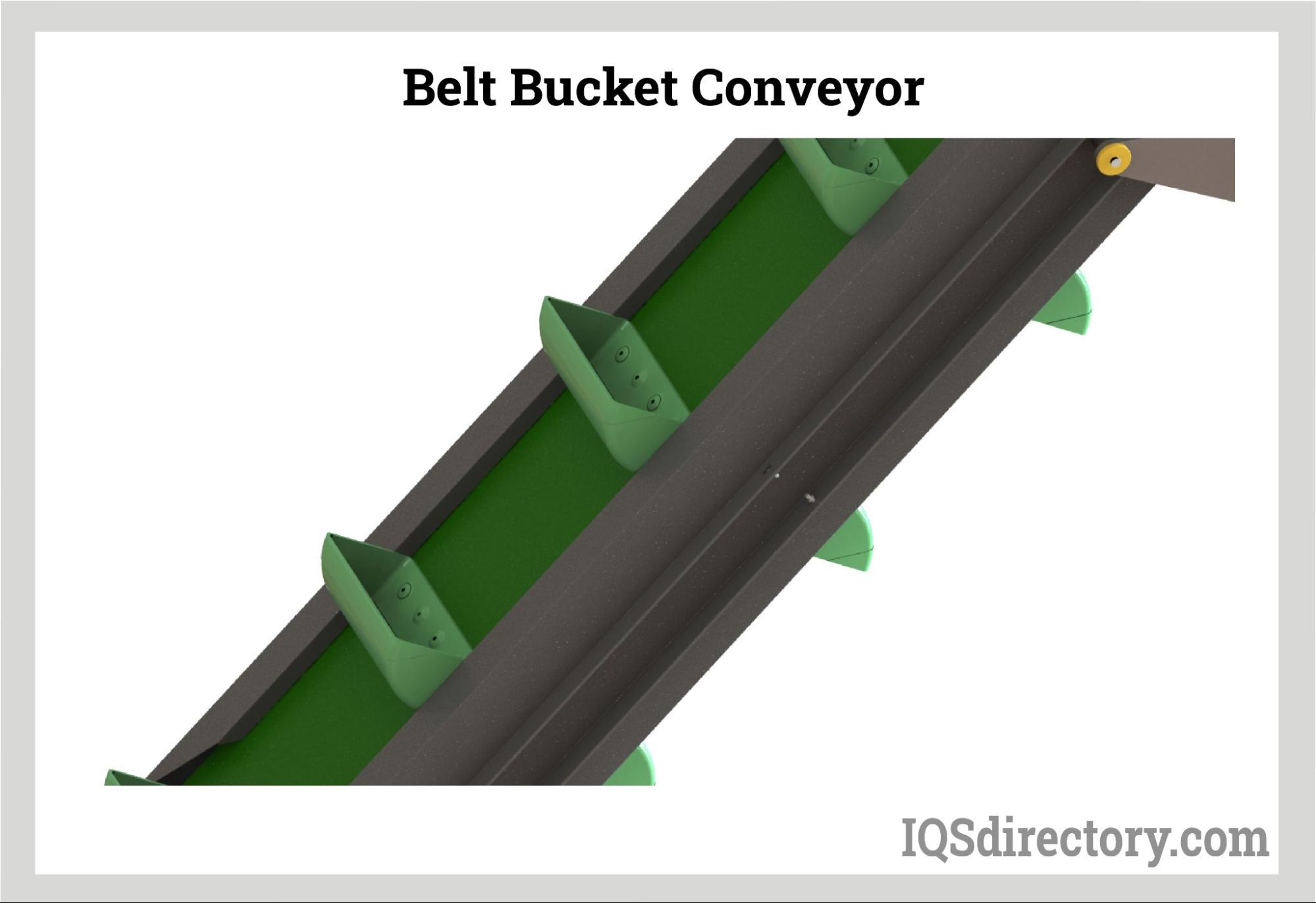
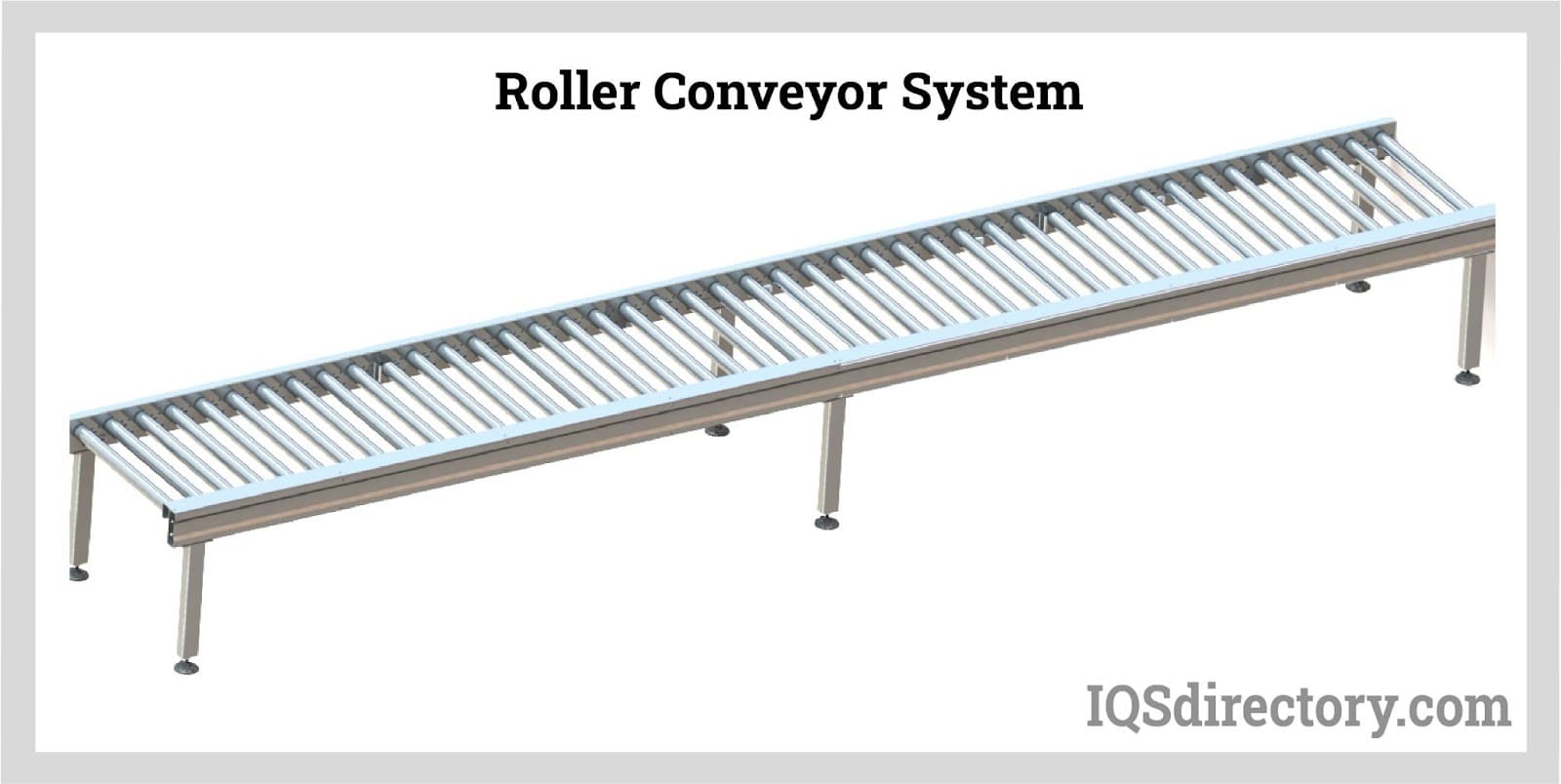

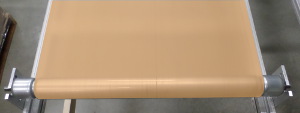 Conveyor Belting
Conveyor Belting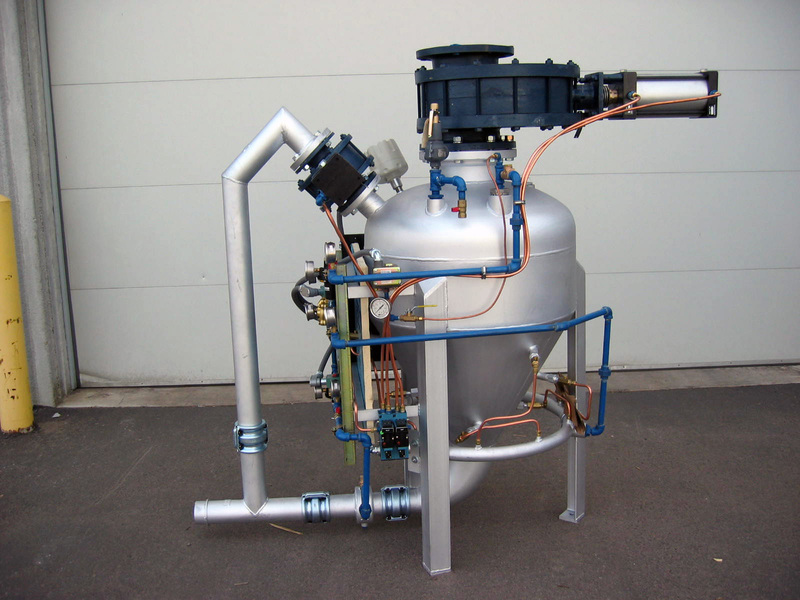 Conveyor Systems
Conveyor Systems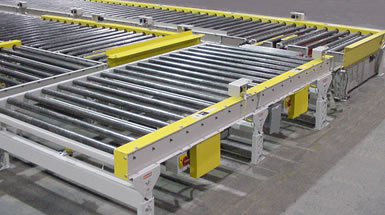 Conveyors
Conveyors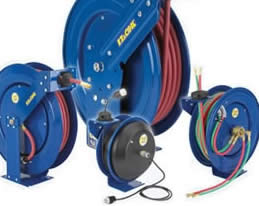 Hosereels
Hosereels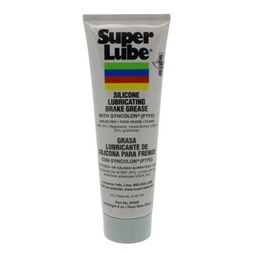 Industrial Lubricants
Industrial Lubricants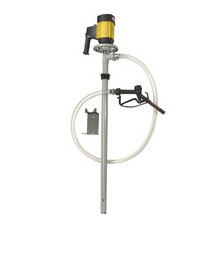 Lubricators
Lubricators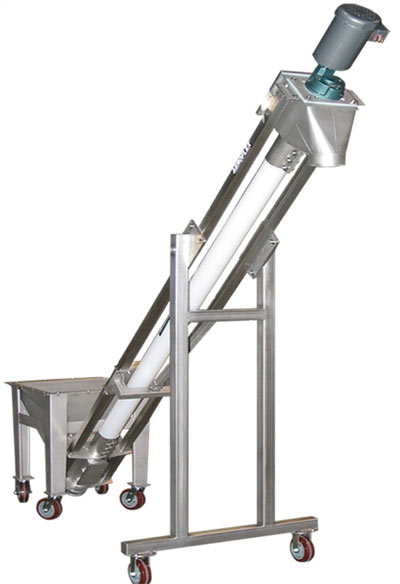 Screw Conveyors
Screw Conveyors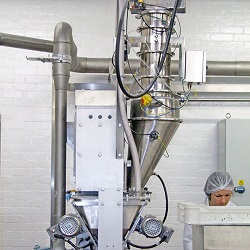 Pneumatic Conveyors
Pneumatic Conveyors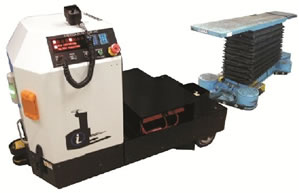 AGV
AGV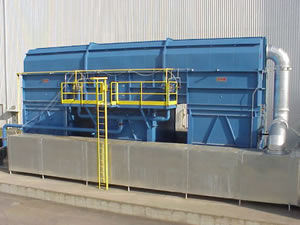 Air Pollution Control
Air Pollution Control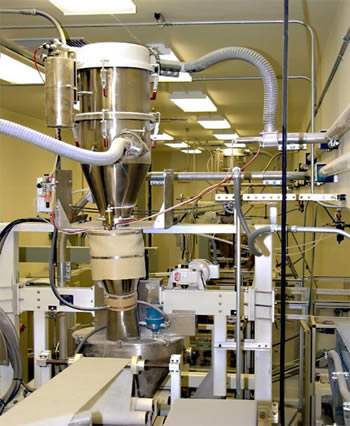 Assembly Machinery
Assembly Machinery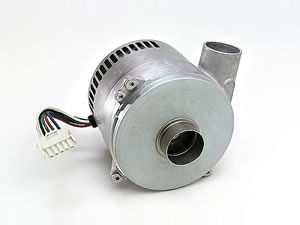 Blowers
Blowers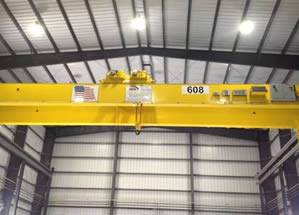 Cranes
Cranes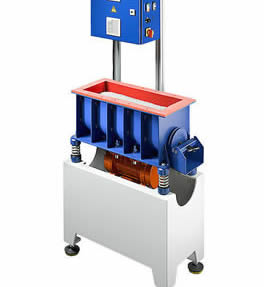 Deburring Machinery
Deburring Machinery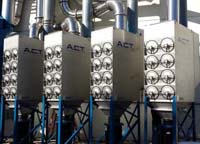 Dust Collectors
Dust Collectors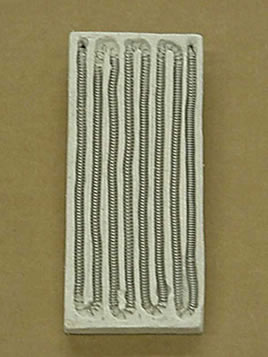 Heaters
Heaters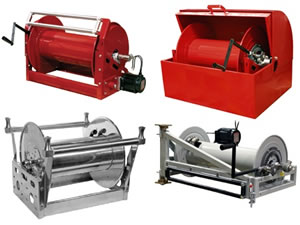 Hose Reels
Hose Reels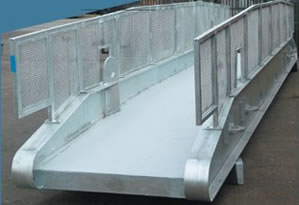 Mezzanines
Mezzanines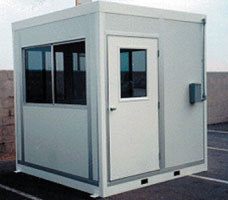 Modular Buildings
Modular Buildings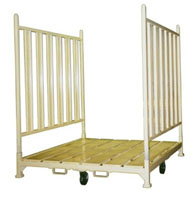 Storage Racks
Storage Racks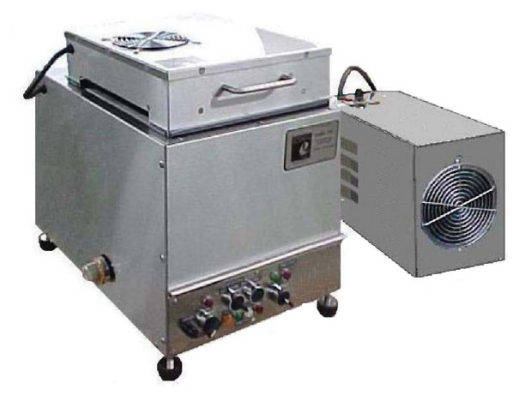 Ultrasonic Cleaners
Ultrasonic Cleaners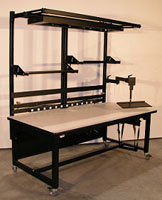 Work Benches
Work Benches